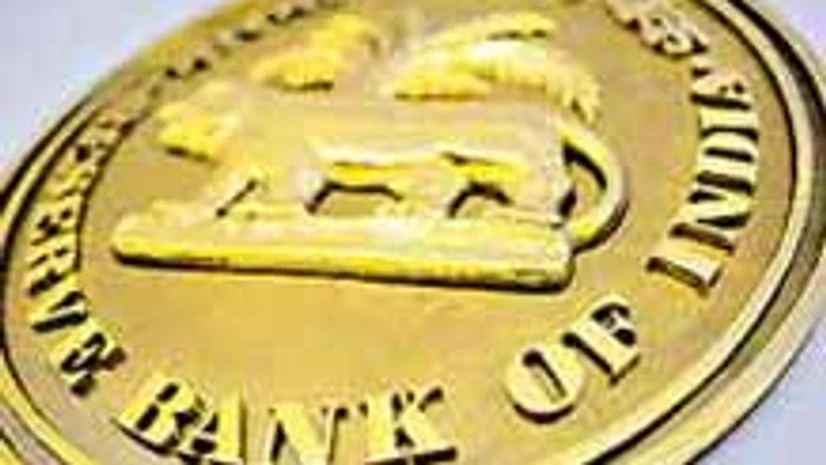Despite the high Consumer Price Index (CPI) inflation, it is expected that the Reserve Bank of India (RBI) would cut the repo rate by 25 basis points in its mid-quarter review of monetary policy on March 19, to give a push to the country's sagging economic growth.
Bond dealers and economists say RBI takes into account the Wholesale Price Index (WPI) number, and the market expectation is that, despite the higher CPI, the central bank will reduce the policy rate. The focus is now on the WPI data, due on Thursday.
Samiran Chakraborty, chief economist, Standard Chartered Bank, said, "Growth is slowing, there is some comfort on WPI. Fiscal consolidation plans of the government support some rate cut."
More From This Section
The commitment displayed by the government towards fiscal consolidation in the Union Budget, along with further moderation in WPI and slight improvement in trade data, should provide RBI the window to continue to address growth risks, Shubhada Rao, chief economist, YES Bank, said. "We retain our call of a 25-bp cut in the repo rate next week, despite the worrying CPI inflation data released today," she added.
RBI had slashed the repo rate by 75 basis points in two tranches this financial year: By 50 basis points in April and again by 25 basis points in January. The Street is expecting a further cut of 25 basis points on March 19. The WPI for January had dropped to a four-year low of 6.62 per cent, compared with 7.18 per cent in December 2012.
"The WPI inflation print seems to be settling below the 6.80 per cent mark - RBI's projection for WPI inflation in March 2013. Core inflation has come down to near four per cent year-on-year from over eight per cent a year ago and will likely to remain benign in the coming months, amid sluggish economic activity," said Siddhartha Sanyal, chief India economist, Barclays Capital.
Showing signs of recovery, the IIP inched up to 2.4 per cent in January, compared with a growth of one per cent in January 2012. But, the February CPI data that accelerated to 10.9 per cent, compared with January's rise of 10.79 per cent, is being seen as a dampener.
"The January IIP is an assertion that the growth downturn has bottomed. However, this is not to indicate there would be a big bounce in growth like in the previous slowdown cycle that occurred immediately after the Lehman crisis," said Indranil Pan, chief economist, Kotak Mahindra Bank.
The recovery in IIP and the dismal CPI numbers resulted in government bond yields climbing up. "Traders started selling bonds on concerns that RBI may not cut the repo rate next week," said S Srinivasaraghavan, executive vice-president and head-treasury of Dhanlaxmi Bank.
The yield on the 10-year benchmark government bond 8.15 per cent 2022 ended at 7.89 per cent, compared with the previous close of 7.84 per cent.
According to Srinivasaraghavan, the yield may trade in the range of 7.90-7.84 per cent for the rest of the week.
However, the Street still believes the WPI for February will be benign and this may prompt RBI to slash the repo rate, which is at 7.75 per cent currently.

)
